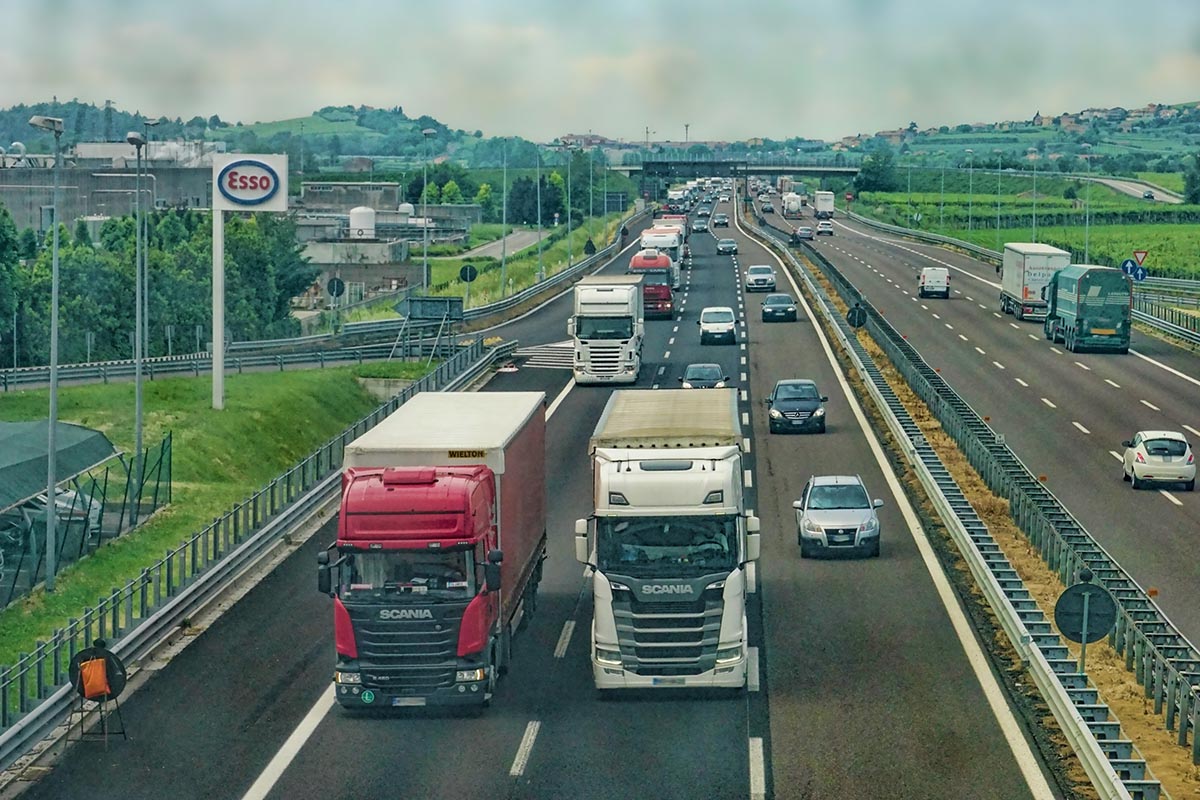- This topic is empty.
-
AuthorPosts
-
2025-07-30 at 10:38 am #11808
In the globalized economy, the efficient movement of goods across borders is crucial for businesses to thrive. Less-than-container-load (LCL) shipping plays a pivotal role in this logistics network, enabling shippers to consolidate smaller cargo volumes into a single container for cost-effective and streamlined transportation. Greatway Logistics, as a professional logistics service provider, has demonstrated outstanding professional capabilities and efficient services in the field of LCL shipping. Through refined cargo management and optimized logistics networks, Greatway Logistics can cleverly integrate small batches of cargo from different shippers into the same container, which not only greatly reduces customers' transportation costs, but also ensures that the cargo arrives at the destination safely and on time.

Understanding LCL Shipping: Basics and Benefits
What is LCL Shipping?
LCL shipping refers to the process of consolidating multiple shippers' freight into a single container that is not fully utilized by any single shipper. This method is particularly advantageous for shippers with smaller cargo volumes that would not justify the cost of a full container load (FCL).
Key Benefits:
-
Cost Savings: By sharing container space, shippers can reduce freight costs compared to FCL shipping.
-
Flexibility: LCL shipping allows shippers to transport goods in smaller quantities, aligning better with fluctuating demand.
-
Access to Global Markets: Consolidators provide access to a wide range of destinations, enabling shippers to reach global markets.
Challenges in LCL Shipping: Integration and Transportation Hurdles
Despite its benefits, LCL shipping faces several challenges, particularly in achieving efficient integration and transportation of goods. These include:
1. Coordination and Communication:
Effective communication and coordination among shippers, consolidators, and carriers are essential for timely and accurate consolidation. Miscommunication can lead to delays, damage, or even loss of goods.
2. Handling and Documentation:
LCL shipments often involve multiple handling points, increasing the risk of damage. Additionally, the documentation process can be complex, requiring precise details to ensure smooth customs clearance.
3. Space Utilization:
Optimizing space within containers to maximize cargo density while ensuring goods are securely packed is a critical challenge.
Strategies for Efficient Integration and Transportation
To overcome these hurdles and achieve efficient LCL shipping, the following strategies can be implemented:
1. Enhancing Communication and Collaboration
Technology Solutions:
Utilize digital platforms and communication tools to facilitate real-time updates and seamless collaboration between shippers, consolidators, and carriers. This ensures that all parties are aware of shipment status, consolidation schedules, and any potential issues.
Standardization of Protocols:
Establish clear and standardized protocols for communication, documentation, and handling procedures. This reduces confusion and errors, enhancing overall efficiency.
2. Improving Handling and Documentation Processes
Advanced Packaging:
Invest in robust and standardized packaging materials that protect goods from damage during transit. Labeling and tracking systems should be implemented to ensure each shipment can be easily identified and traced.
Automated Documentation:
Adopt electronic data interchange (EDI) systems to automate documentation processes. This reduces manual errors, speeds up customs clearance, and ensures accurate record-keeping.
3. Optimizing Space Utilization
Smart Consolidation Techniques:
Utilize advanced algorithms and software to optimize container space utilization. These tools can help in calculating the best packing configurations, ensuring maximum cargo density while maintaining safety and security.
Regular Audits and Feedback Loops:
Conduct regular audits of consolidation processes to identify inefficiencies and areas for improvement. Feedback loops should be established to incorporate shipper input and continuously refine processes.
Conclusion
As global trade continues to grow, the demand for efficient and cost-effective LCL shipping solutions will increase. By addressing the challenges of integration and transportation through enhanced communication, improved handling and documentation processes, and optimized space utilization, shippers and consolidators can unlock the full potential of LCL shipping.
The future of LCL shipping lies in embracing technology and innovation to drive efficiency, sustainability, and customer satisfaction. With the right strategies in place, Greatway Logistics LCL shipping can continue to play a vital role in facilitating global trade and driving economic growth.
http://www.greatwaylogistic.com
Greatway International Logistics (Shanghai) Co., Ltd. -
-
AuthorPosts
- You must be logged in to reply to this topic.